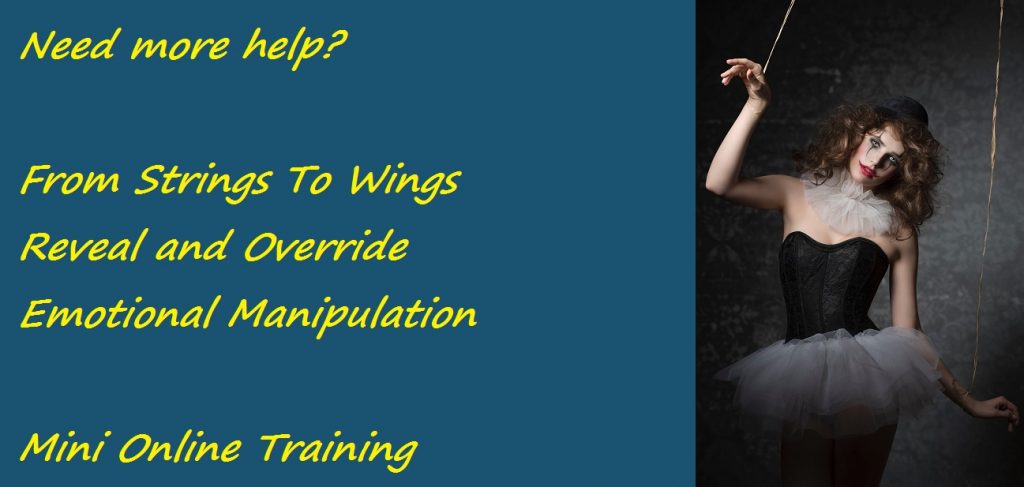425.280.2643
Would you be aware of it if you were in an abusive relationship?

At my most recent check up, a pretty nurse prepared me for the visit. Her fine face was decorated by a dark circle encompassing her eye – almost surely caused by the viscous hand of her “loved one”. She was obviously deep in her ruins but was valiantly pretending everything’s all right. I was inclined to give her a warm embrace and tell her how much I am sorry about what had happened to her.
I was wondering: how many people got into the situation when their partners who are suppose to give them love, appreciation and support turns against them. Still others might wonder why they are not leaving their abusive partner.
Once in a while most of us get handled in a non-respectful way, and it would be irresponsible to break up after every conflict. On the other hand, the unfair but usual maneuver of an abusive partner to make the victim believe that she or he is responsible for the bad turns of events is not acceptable. In addition most of the time the really dirty part of the mistreatment happens in disguise; hidden before the superficial observation.
Although mostly unrecognized by the suffering participants, there are characteristic features of an abusive relationship – whether if it is physical, verbal or emotional abuse.
1: Low Self-Esteem, Self-Blame
If you have low self-esteem and you are not confident enough in your thinking, you are to partially blame for the wrong turn in the relationship. It might not have originated from yourself, but it can be the effect of the regular undermining tactics: labeling, judging, put downs, and constant critique. You might even adopt your partner’s opinion: “You have to be fixed.”
2: Confusion – Frustration – Anger – Helplessness – Hopelessness
You are confused of what is happening. You are hurt from the put downs. You are angry because of the unfair treatment. You are embarrassed about the relationship partly because you think it’s your failure, partly because you put up with your partner’s behavior.
Most of all you feel hopeless, helpless and entrapped in the relationship, not knowing why is it happening and what to do about it.
3: Imbalance in Power and Control
If you listen to the actions instead of the words, you see that you give way more into the relationship than your partner, while s/he is the one who sets the rules. There is a definite imbalance in the power and control.
4: Responsibility shift
There is a very strange sense of responsibility: you are responsible for everything including the relationship and your partner’s feeling, while your partner has no responsibility whatsoever.
5: Manipulative emotion – induction
Your actions are driven by guilt, shame and anxiety. If you don’t do certain tasks in a specific manner, you are deemed inadequate. Generally, your partner makes you feel “Not good enough.” This is why you have to accomplish more and more and more, compensating for your “failures”. No matter the ongoing efforts, you’re not good enough. This is the ways/he gets you doing what s/he wants.
6: Your rights and interest are not considered
It might be hazy, because on the surface there is usually a pretense: “Love of my life.” Or “I make it because I want to help you!” But if you look into the real happenings, you will see how much it is against your will, interest and rights.
If you recognized yourself in the picture, don’t be scared: you’ve made the first step. The essence of overriding manipulation is getting a clear picture about what is truly happening.
If you think you can change your manipulator, I have to disappoint you: you cannot. But you have chances if you learn to react differently to the manipulation, you can change the process itself.
Warning: If you have a physically abusive partner; don’t experiment, seek physical security immediately!




